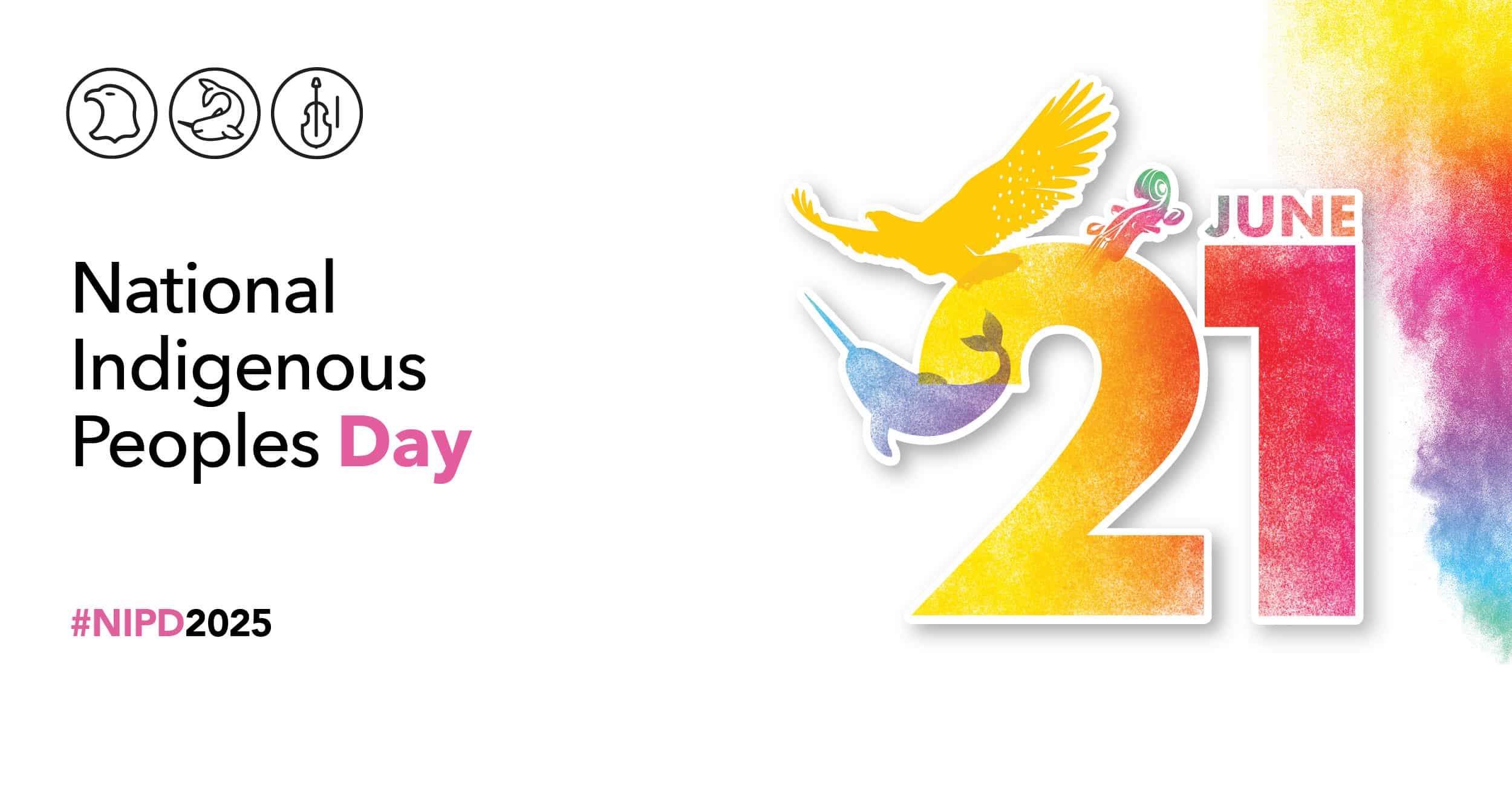Having directed both foster care and adoption programs that place teenagers into permanent families, and then having founded an agency that places teenagers into permanent families, I often get asked, “What kind of people will offer their home permanently to a teenager?” My answer is always the same, “Any and all kinds of people who, after a good preparation experience, are willing to unconditionally commit themselves to a child no matter what behavior that child might ultimately exhibit.” Teenagers need, first and foremost, at least one adult who will unconditionally commit to and claim them as their own. Anything less is an artificial relationship. Teenagers need unconditional commitment before anything else constructive can happen.
This country [the US] has tens-of-thousands of young adults between the ages of 18 and 21 being discharged to no one but themselves. Half the homeless population is made up of these foster care discharges. This is in spite of the fact that teenagers, as a general rule, are easier to care for and the rewards and gratification for caring for them come back a lot sooner than accepting younger children for permanent placement.
However, our child welfare culture seems to have an anti-permanency bias against caring for teenagers. Very few organizations even have the slightest expectation for the prospective parents who come forward to offer their homes to teens that the commitment they make must necessarily be unconditional for the placement to succeed. Parenting strategies and a whole variety of other skills we teach families in pre-placement preparation and training are essentially rendered useless if unconditional commitment to a child is not imbedded in the philosophy of the preparation and training we offer to these prospective families.
My working definition for “unconditional commitment” is simply that there is nothing a teenager can do to stop being someone’s child. Unconditional commitment means that we treat any child’s behavior with the exact same commitment we would treat a biological child’s behavior who might commit the very same act. If a bio-child commits a crime in the community, that bio-child might go to jail. But that child does not lose his parents because he makes a mistake. If a bio-child becomes mentally ill, that bio-child might have to be hospitalized on a long-term basis. But that child does not lose his parents because he has an illness that needs to be treated. If a bio-child becomes heavily involved in drugs, that bio-child might have to be placed in a residential treatment therapeutic community. But that child does not lose his parents because he has the disease of addiction. But most importantly, if a bio-child has a real nasty attitude a parent develops ways to deal with it. The child does not stop being that parent’s child because of the attitude.
This, of course, is not the case for teens living in traditionally prepared foster homes. Simply put, what all teenagers need is unconditional commitment. They need a place where they can make mistakes and not have the equivalent of a child welfare, capital punishment sentence imposed on them. So many teens in foster care lose their parents simply because they do what teens do. All parents who come forward to help children they did not give birth to must be prepared in the same permanency philosophy that biological parents automatically imbed in the care-taking of their children.
I have had the privilege to orientate about 2000 prospective foster and adoptive parents over the past three years. I always ask prospective parents why they want to be parents to children not born to them. Generally, in a first session orientation all the answers are that they either love children and/or they want to help children. My second question to them is, “Who is coming forward to be a foster or adoptive parent to hurt, hurt children?” Usually one person who wasn’t paying much attention to my question raises his or her hand. All the other participants are usually baffled by the oddity of the question. Then I go up to the person who raised her hand and ask again, “You really want to hurt, hurt children?” At which point she immediately withdraws her hand. Then I ask six more similar questions changing just one word. The words substitutes are as follows:
Who wants to hurt, hurt children?
Who wants to abandon, abandoned children?
Who wants to reject, rejected children?
Who wants to traumatize, traumatized children?
Who wants to victimize, victimized children?
Who wants to abuse, abused children?
Who wants to neglect, neglected children?
Invariably no one raises his or her hand for any of these questions. Then I point out to them that every time a foster or adoptive parent attempts to return a child for a behavior that she or he has committed, we are “re-everythinging” them. We are re-abusing, re-abandoning, re-hurting, re-traumatizing, re-victimizing, re-rejecting, and re-neglecting the child.
Every person who comes forward to help a child must come to this work with an unconditionally committed permanency mindset. For example, if they are going to be a foster parent they must commit to the child’s permanency future. The number one permanency plan is for the child to return home. And until that goal is achieved that child needs one placement and one placement only. Anxious children invariably must do things that upset foster and adoptive parents. Can you even begin to imagine what it would have felt like to have someone give you up as a child every time you did something they did not approve of, particularly if your behavior occurred during the most difficult period in your childhood? This happens to teenagers in care every single day as a matter of accepted and common practice. Accepted and common practice that we professionals perpetuate and endorse both implicitly and not so implicitly.
Often a teenager in foster care is in foster care because they have no one planning for their permanency future. They may have a goal of adoption, but most often they have a goal of independent living. Both goals mean that if the child does not get into a permanent family before discharge from foster care, they run a high risk of being alone in the world and becoming homeless after they are discharged from care.
Way too many of these youths live in congregate care facilities, particularly group homes, until their discharge from care. They may be taught skills, but if no one is found to unconditionally commit to them before their discharge from care their hopes for a brighter future are drastically reduced. Very often the system takes a half-full approach to teens in foster care and attempts to find conditionally thinking, traditionally prepared, foster parents for them. Intake workers across the land make the same mistake when they call traditionally prepared foster parents for a teen. They make “the deal.” “Try it and see if it works out.” The implication being that if it does not “work out,” the child will be removed.
Can you imagine if you had to love under those conditions when you were a teenager? Can you imagine if you had the equivalent of child welfare capital punishment inflicted on you (i.e., losing the bed you slept in last night) every time you caught an attitude, or every time you came home late, or every time you got caught smoking a cigarette, or every time you broke even the most basic of rules? I knew a teenager who was kicked out of his home for washing his sneakers in the washing machine. I knew another teen who got kicked out of two houses: one house because he flushed the toilet at night, and the other house because he did not flush the toilet at night. In the first house, the father woke up at 4 am and no one dared wake him up with the flush of a toilet. The other house found it very disgusting that this same teen did not flush the toilet. Both homes kicked him out for this utterly minor offense. This happens to teens time and time again because we do not imbed the unconditional commitment permanency philosophy in our preparation of these families.
We have dehumanized teenagers in our care. We have treated them like disposable garbage. And we have to stop it. Kids should not have to grow up in institutions but equally, they cannot grow up in conditional homes. You Gotta Believe, the agency that I founded, makes it a practise of teaching each and every one of our families how important unconditional commitment is. We will only approve prospective families who agree to practise this form of love. Every time we place a child, that child is placed forever. We support families through their hard times after kids are placed. We are there to constantly remind our families that if this child’s adolescence is handled in the right way this child will have a family for life. We teach every family to treat each child that they accept as if this is the child who will bring them their last glass of water. Having practised for over 15 years in this field, I know of at least three placements where the child that we placed was the child who brought their adoptive parent her last glass of water even over the dying parents’ biological children.
We have to stop accepting that teenagers in particular are not worthy of permanency.
We have to continue to recruit only unconditionally committed permanent families for every teen in our care. If we don’t, we will continue to perpetuate what we did to another group of human beings in our country’s history. In an article written in the November 2000 issue of Harper’s Magazine, “Making the Case for Racial Reparations,” there was an eerie quote about the condition that slaves found themselves in when they were set free: “Think about this. In 1865 the federal government of this country freed four million blacks. Without a dime, with no property, nearly all illiterate, they were let loose upon the land to wander.” Willie E. Gary.
It was so eerie when I read this because here it is 137 years later and we do the exact same thing to tens-of-thousands of predominately African-American and Latino children in our country’s care every year. We discharge them without a dime in their pockets, without any property, and rarely with a high school diploma, so they might as well be illiterate. Without an unconditionally committed permanent family in their corner, they are simply being “let loose upon the land to wander.”
We can absolutely do better for our kids. All we have to do is believe there are enough people willing to offer them unconditional commitment, and then go about the good work of bringing those families into the process. It is far easier to find these families than you think. But you can only do so if you first believe it is possible. The choice is yours. Choose to believe. You gotta believe! Our children’s future depends on it!
by Pat O’Brien, Executive Director, of You Gotta Believe! The Older Child Adoption and Permanency Movement, Inc. E-mail him at ygbpat@msn.com call him at 1-800-601-1779.






